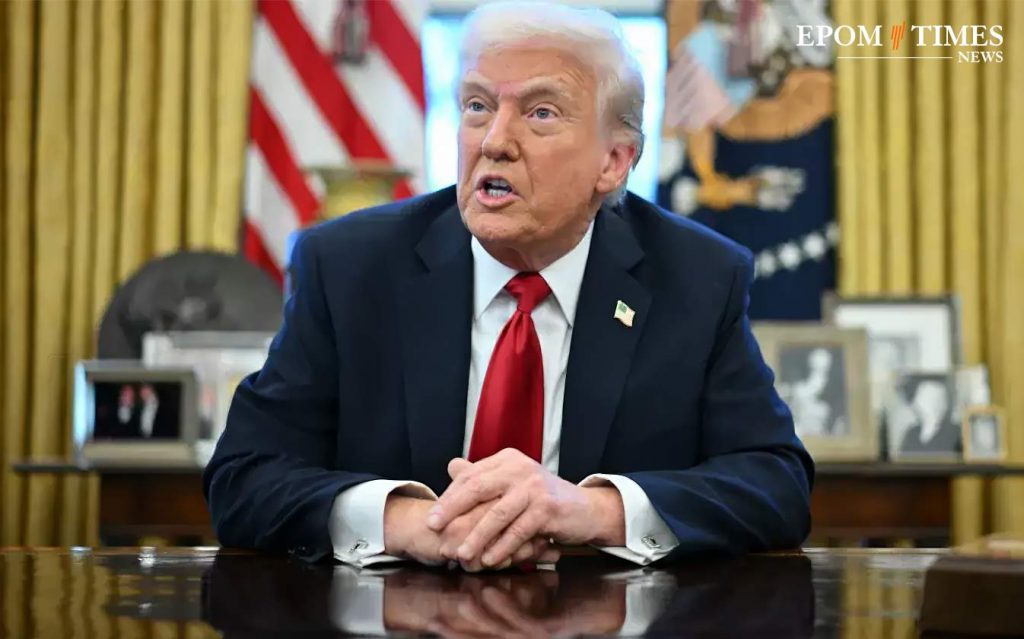The Trump administration has frozen approximately $2.3 billion in federal funding to Harvard University after the institution declined to comply with a series of directives from the White House. These directives included dismantling diversity, equity, and inclusion (DEI) programs, limiting campus activism, and implementing changes to governance, hiring, and admissions policies.
In a statement, Harvard University emphasized its commitment to institutional autonomy, asserting that it would not “surrender its independence or relinquish its constitutional rights.” University President Alan Garber contended that the administration’s demands infringed upon First Amendment rights and exceeded the government’s authority under Title VI.
The Department of Education defended the funding freeze, arguing that federal investment necessitates adherence to civil rights laws and expressing concern over what it described as a pervasive “entitlement mindset” among elite institutions.
This action is part of a broader initiative by the administration to address campus antisemitism, with other universities, including Columbia and Princeton, facing similar scrutiny and funding challenges.
The situation underscores ongoing tensions between federal oversight and academic freedom, as institutions navigate the balance between compliance with government mandates and the preservation of their core values.



